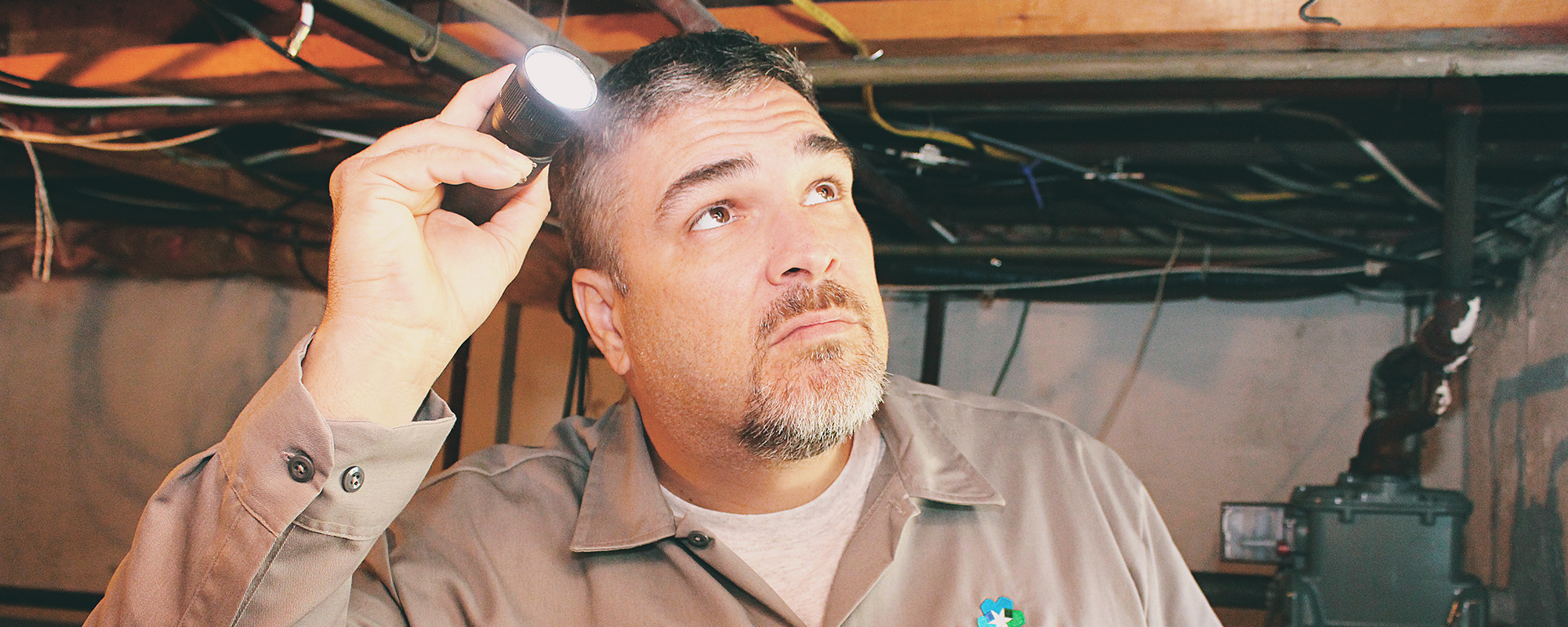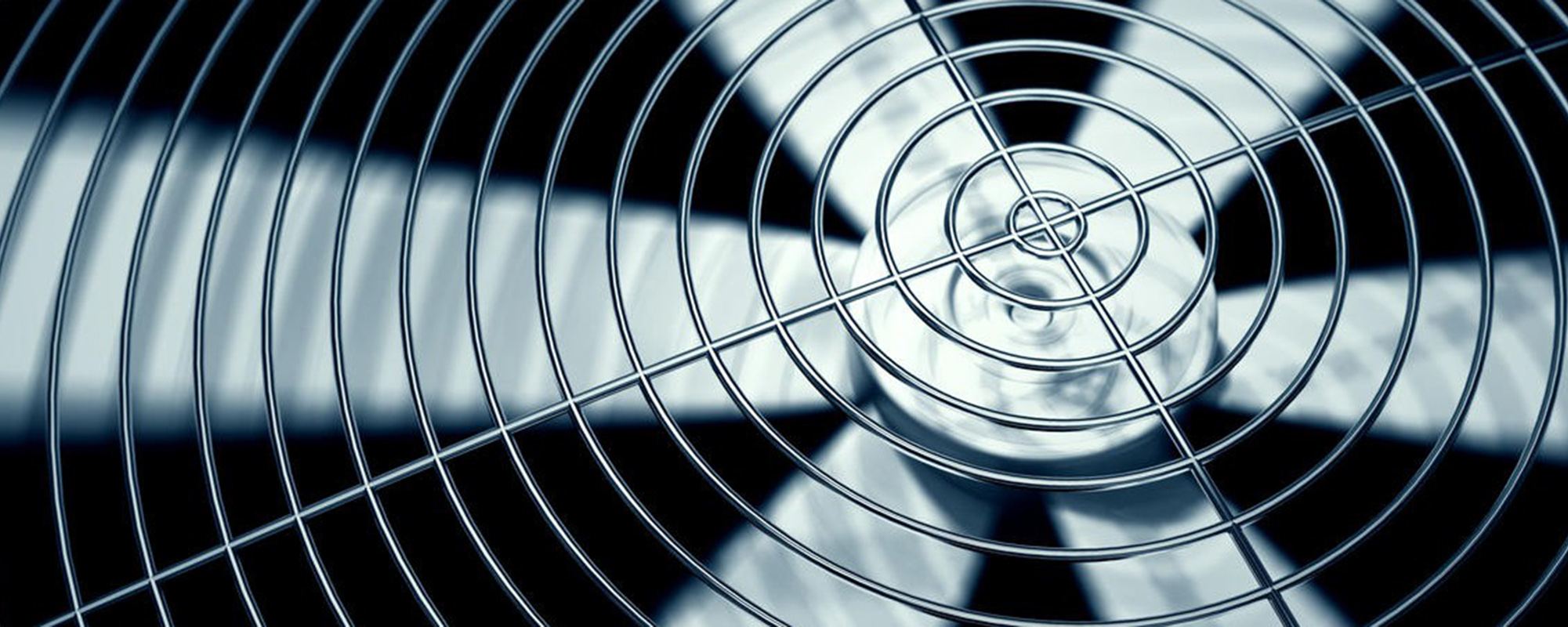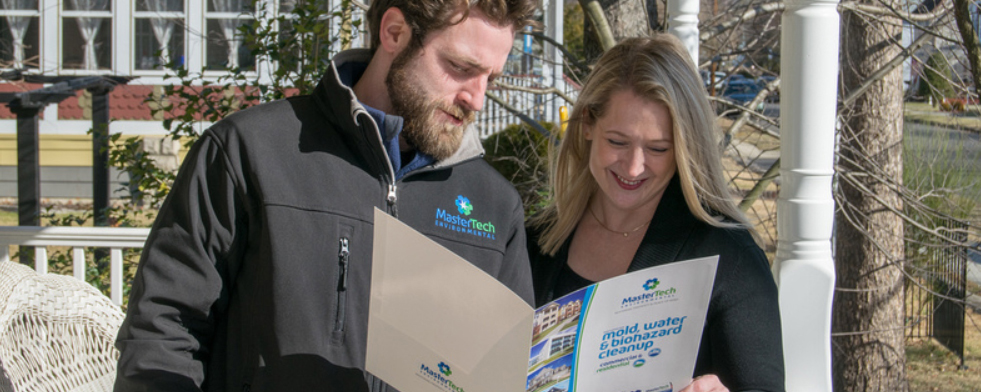Should I Get A Professional Mold Inspection In My South Jersey Home?
Everyone wants to keep their homes in the best condition possible. That is why it is imperative that you know all the signs to look out for if a mold concern arises. If you detect signs of a possible mold problem, you should consider hiring a professional mold inspector in South Jersey to conduct a professional mold inspection with mold testing to get to the bottom of the issue. Signs that your home may be in need of a mold inspection can include a history of moisture concerns, unexplained odors and unexplained staining or discoloration.
Signs You Should Have Your Home Inspected For Mold
- If you begin to detect a musty odor in your home, this could be an indicator of hidden mold growth. Mold can often have a musty odor that can be rather unpleasant and bothersome. Rather than simply covering up the odor, you may want to figure out the source of the problem. A professional mold inspection can help to get to the bottom of that odor source and determine what caused it in the first place.
- You and your family may be noticing some unusual allergy symptoms. Active mold spores can potentially release mycotoxins that can have possible health effects on people ranging from mild allergies to severe health implications. A professional mold inspection can help determine if there is an elevated mold presence in your South Jersey home that could be contributing to these issues. Allergy symptoms could include, but are not limited to:
-
- Stuffy or runny nose
- Backed up sinuses
- Headaches
- Scratchy or sore throat
- Itchy eyes
- Irritation of the skin
Please keep in mind that mold affects every individual very differently. While allergies caused by mold is an issue, even if mold isn’t making you sick, if there is mold, it needs to be removed. Mold can mean serious structural damage and property damage, which can be problematic in the long run.
- You may believe that you have noticed visible indicators of mold in your home. Mold can present itself in a multitude of ways. These forms include, but are not limited to:
- Dark water staining on wood and other porous building materials. This staining should be assessed immediately to detect and eliminate the source of the stain. The longer a water damage issue is left to its own devices, the worse the problem can get.
- A white, powdery substance that has settled on walls, rafters, and other items within the home, such as furniture. Storage areas are also a good place to look out for this powdery substance as most of these areas have stagnant items. These items that have been stored away are the perfect spot for mold spores to settle.
- Mold can present itself in many different colors. White, black, gray, brown and green are the most common colors to be aware of. You may notice spotting on walls, ceilings, or flooring in any variety of color in your home.
- Improper ventilation can cause a lot of damage in a home that already has suspected mold growth. Proper ventilation is absolutely imperative, as it doesn’t give mold spores the chance to stagnate and germinate. It keeps your home cool and dry, which is the opposite of the environment mold spores require to grow. Proper ventilation is important to ensure good indoor air quality in your home. Improper ventilation is definitely one of the biggest factors that plays a role in potential mold growth. It causes the atmosphere to go stagnant, and does not allow for a proper ratio of fresh air to be brought into the home. Poor ventilation also encourages moisture build up from warm, moisture air. Improper ventilation can be detrimental, especially in areas of high moisture content such as kitchens and bathrooms. If your home has a history of improper ventilation, consider setting up a professional mold inspection.
- Excess moisture in the home can almost always lead to a mold issue in the future. If your home has had a history of moisture, you may want to consider setting up a professional mold inspection with a certified mold inspector in your South Jersey area.
What Is Included In A Professional Mold Inspection?
Professional mold inspections include a variety of steps that can help you find the root of the mold problem in your South Jersey home. When you contact your local professional mold inspector, they will know exactly what to do!
The inspector will first conduct a visual inspection. They will search your home, whether it be a general concern throughout the home or one specific area of concern. They will be looking around for the aforementioned visible indicators of mold growth. Again, these indicators include staining, suspicious odors, and chalky substances found on walls, floors, and ceilings. The inspector will then employ the use of moisture meters and thermal imaging cameras to locate any potential moisture sources. Inspectors will also take multiple test samples from different areas of concern. All the information gathered during a professional mold inspection will help to determine if a mold problem exists, how bad it is, what caused it in the first place and how to properly remove it.
If you are concerned about any of these aforementioned signs of mold growth, don’t hesitate. Contact a professional mold inspector in your NJ area today! Your home may be due for a professional mold inspection.




